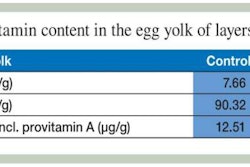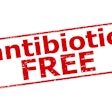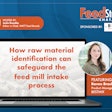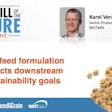One of the most frequent questions I get is how to improve animal health using nutrition. It certainly has to do with the fact that I am a nutritionist, but in my whole career I have tried to stay clear from areas not close to my expertise—without much success, I must admit.
Yes, there is absolutely no doubt, health is associated with nutrition. A healthy animal will eat more and utilize its feed much better than a sick one. In contrast, a properly designed feed can safeguard animals against certain infections (mostly against digestive disorders), and also, we should not exclude the immunostimulating properties of many nutrients and additives.
Indeed, in the last couple of decades, the interrelationship between nutrition and immunity has received increasing attention by the scientific community, and lately it has grown in appreciation at production circles, such as feed mills and pig farms.
Nevertheless, nutrition can only help in preventing certain diseases and that only if it is part of a complete program that involves more resistant genetics, prudent use of antibiotics, enhanced farm hygiene protocols, advanced management protocols, appropriate facilities, and a good practicing veterinarian!
But, can nutrition (here, we are talking about certain additives) negate the adverse effects of (certain) diseases? The answer is simple: negate, no; alleviate, yes.
In all the research reports I have seen, and I mean those published in peer-reviewed scientific journals, the consensus is that nutritional intervention strategies can reduce the impact of certain diseases (mostly of the digestive system). But, no known additive can fully compensate for the reduction in pig performance due to serious illness. The exact magnitude of alleviation depends of course on the severity of the disease, but still, in severe cases treatment with proper drugs is required.
In one of the articles you will be reading in this issue, it is mentioned that prevention is better than treatment. Indeed, this is very true, and here is where nutrition can play a major role. But, it pays to keep in mind that like with everything in life, there is a limit on what we can achieve with additives. A comprehensive approach is always the best!














